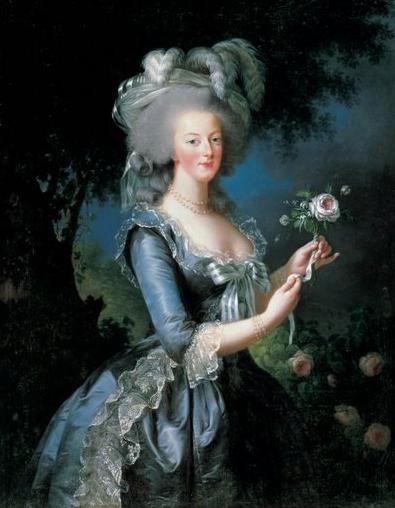Corigliano’s “Ghosts” remains problematic but receives a spirited revival at Northwestern
This spring the Metropolitan Opera was to revive John Corigliano’s The Ghosts of Versailles, the opera that was launched with great fanfare at the same house in 1991. However, in the current economic climate, the Met balked at the expense, pulled out and substituted the less costly and more surefire box office of La Traviata.
Standing on the stage of Cahn Auditorium Friday night Corigliano and librettist William H. Hoffman no doubt felt great satisfaction and perhaps even some degree of vindication at the waves of warm applause following the production of Ghosts of Versailles presented by the students of Northwestern’s Bienen School of Music. The main event of this month’s Corigliano Festival at Northwestern, the opera will be repeated 3 p.m. Sunday.
Corigliano’s only opera to date spins off of Beaumarchais’s The Guilty Mother, as well as his plays that inspired both Mozart’s Le nozze di Figaro and Rossini’s Barber of Seville, here with the French playwright as a major character. The ghosts of the French royalty lament their deceased state and to assuage the melancholy Marie Antoinette whom he is in love with, Beaumarchais crafts a new opera, “A Figaro for Antonia.” The resulting comic mishaps and confusions are too bewildering to summarize as the ghosts and the characters of the opera within the opera begin to interact and take on a life of their own. Beaumarchais attempts to save Marie, yet she ultimately goes to the guillotine recognizing that one cannot change the settled course of history.
Ghosts received mostly positive critical notices and proved popular with audiences, selling out its initial run of Met performances, and was staged four years later at the Lyric Opera of Chicago. Yet even with some fine musical moments, the opera remains Corigliano’s problem work.
The tortuous backstory, large cast of principals, and constant shifts back and forth in time remain a drag on the narrative, even in this revised reduction. With so many characters and subplots, there is a sense of the creators trying to do too much, attempting to achieve the comic farce to end all comic farces—an operatic It’s a Mad, Mad, Mad, Mad World—in which the scale and excess finally overwhelm the scenario. Yes, one can keep ten plates spinning simultaneously but that doesn’t make it a good idea. Facility overwhelms essentials.
Hoffman’s libretto is more self-consciously clever than genuinely witty, and the high-camp scene in the Turkish Embassy is pretty low-grade stuff–one almost expects Bob and Bing to drop in disguised as harem girls like Figaro—even with the craft and assurance of Corigliano’s mock-Turkish music and vocal coloratura.
In fact it is Corigliano’s music, cast in his bracing style of astringent tonality that elevates Ghosts and gives it a certain stature and impact despite the unwieldy scenario and structural weaknesses. The opera is at its best in the more serious moments of Act 2 with the concluding quintet and final scene undeniably moving and effective. Time and again one is stuck by the imagination, the unique instrumental effects and the sheer craft of the music, and for that conductor Steven Osgood and the hard-working members of the Northwestern University Chamber Orchestra deserve much credit.
Certainly there were few complaints to be had with the elegant and creative staging by director Jay Lesenger and scenic designer Steven Capone, which knocked down the fourth wall effectively and made a virtue out of Cahn’s cramped quarters.
As is always the case with university productions, the student voices could have used more seasoning and technical finesse but for the most part the young cast’s enthusiasm and energy made up the balance.
As Maria Antoinette, Kelsey Betzelberger was wobbly in her Act 1 aria, but proved a consistently dramatic figure, effective etching a poignant and dignified portrayal of the doomed royal.
As Beaumarchais, her would be amour, David Govertsen showed a forthright stage presence and well projected baritone. Dane Thomas’s high tenor negotiated the often stratospheric writing for Count Almaviva mostly with assurance. Errik Hood entered into the comic high jinx energetically as Figaro, Casey Candlebat relished the villainy of Begearrs, Michelle Brache was an admirable Rosina and Corrie Stallings stole the show with her comic singing and dancing as Samira in the Turkish scene.
The Ghosts of Versailles will be repeated 3 p.m. Sunday at Cahn Auditorium in Evanston. www.pick-staiger.com; 847-467-4000
Posted in Uncategorized


